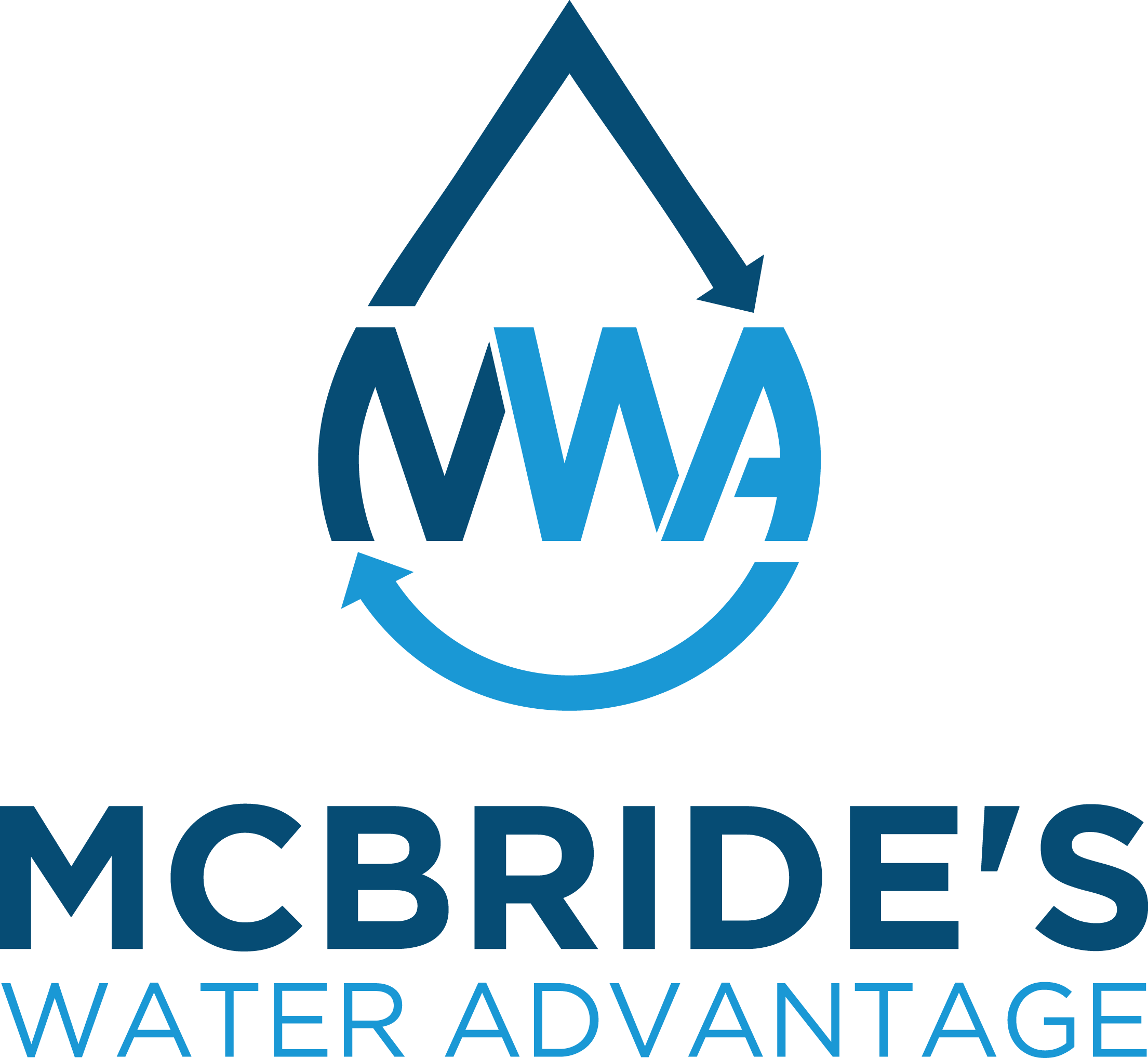 One of the problems with getting your water from a private well is that the water is susceptible to contamination from any of the elements that are present in the ground where the well is dug. Manganese, for example, shows up naturally underground and is often found in elevated concentrations in well water. Today we’re going to focus on this particular contaminant by talking about what manganese is, the effects it has on your drinking water and your home and what you can do to remove it from your tap water!
One of the problems with getting your water from a private well is that the water is susceptible to contamination from any of the elements that are present in the ground where the well is dug. Manganese, for example, shows up naturally underground and is often found in elevated concentrations in well water. Today we’re going to focus on this particular contaminant by talking about what manganese is, the effects it has on your drinking water and your home and what you can do to remove it from your tap water!
What is manganese?
Manganese is a metal that occurs naturally in New Hampshire’s bedrock, and it is one of the most commonly occurring metals in the Earth’s crust. The metal is often found in conjunction with iron, which is why well water that has high levels of iron often also has high levels of manganese. Although manganese can sometimes be problematic for city water, it is a much bigger issue in well water because private wells are often dug in bedrock that contains the metal.
What are the effects of manganese on your home?
Manganese is known to produce brown, grey or black stains on the things that it comes into contact with. This can be a big issue when you are doing laundry, because manganese can stain your clothes, bedding and towels. In addition, many of your home’s surfaces can be stained by manganese, including toilet bowls, bathtubs, dishwashers and sinks.
Another big issue with manganese is that it can coat the insides of your home’s pipes. When water is heated, manganese is released from the water and can cling onto your pipes’ walls. In addition, manganese promotes the growth of manganese bacteria, which can create a sludge that grows in your pipes. Both issues can lead to plumbing problems like decreased water pressure and clogged pipes.
What are the effects of manganese on your drinking water?
Manganese can cause a number of aesthetic issues in drinking water. Not only can it produce a brown or red tint to your water, but it also often gives of a metallic taste and smell.
There are also some potential health effects associated with drinking water that contains high levels of manganese. Many of these effects are still being investigated, but some studies have shown that prolonged exposure to high levels of manganese may affect the nervous system, neurological system and muscle functions. Children are at an elevated risk of health effects from manganese because they absorb more of it and excrete less of it than adults. As a result, many health officials recommend that children and pregnant women limit their exposure to manganese as much as possible.
How can you remove manganese from your tap water?
There are a few different filtration systems that can be used to remove manganese from tap water. Here at McBride’s, we have found that the most effective solution is to run your water through an oxidizing manganese/iron filter, followed by a water softener. The combination of these two systems will take care of manganese as well as a number of other water quality issues.
If you have any questions about manganese in tap water, or if you’d like a water system serviced or installed in your home, contact McBride’s Water Advantage, your water softener and water filtration system dealer in Epsom, NH. We provide service all over New Hampshire, including towns like Alton, Chichester and Raymond, NH.
photo credit: fdecomite via photopin (license)
